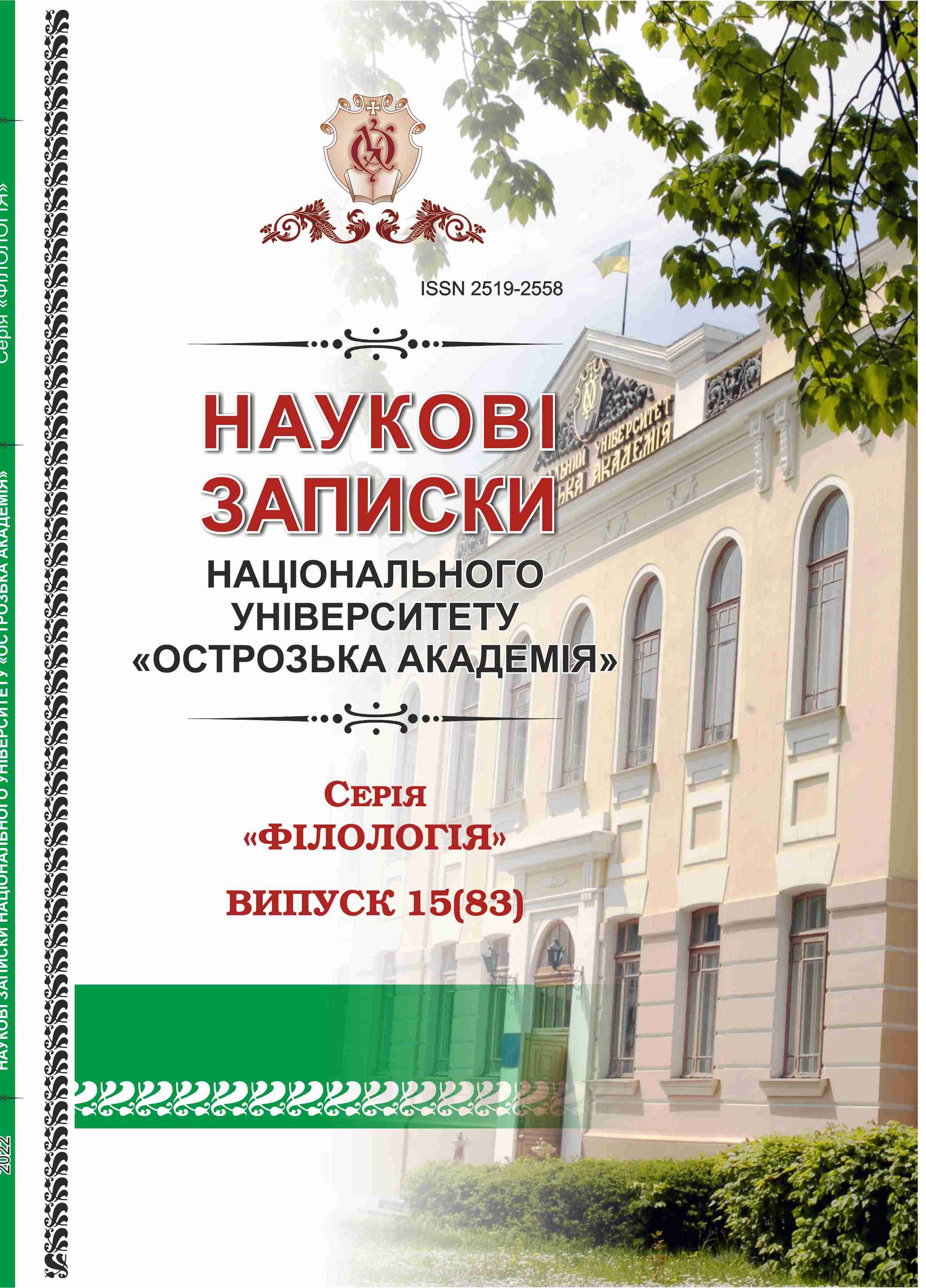DEVELOPING INTERCULTURAL COMPETENCE OF FUTURE NAVIGATORS AS A BACKGROUND OF EFFECTIVE INTERCULTURAL COMMUNICATION
Keywords:
intercultural competence, tolerance, intercultural differences, high-context culture, low-context cultureAbstract
The article aims to study the resources that can be used by foreign language teachers of universities to achieve standards of higher education and the development of intercultural competence as an integral part of the professional education of modern experts and background for effective intercultural communication. This leads to the importance of developing respect for other cultures, tolerance, empathy, desire to learn about foreign cultures, etc. And thus, it enables the development of a global expert who easily adapts to the modern requirements of society in an intercultural environment.
The article analyses relevant scientific papers and the requirements for modern experts in the development of intercultural competence. This makes it possible to say that an important task of teaching intercultural competence is to develop students’ ability to participate in intercultural dialogue, taking into account the principles of cooperation and mutual respect, forming a sense of belonging to their own culture.
Based on the theory of high-context and low-context cultures, the authors made a comparative description of the representatives of Ukrainian, Philipino, Indian and Greek cultures, because Ukrainian sailors work mostly in this international crew. The features of the cultures presented in the table make it easier to adapt to the intercultural environment and understand and tolerate intercultural differences.
The article offers practical assignments for the development of intercultural competence at foreign language classes in higher education institutions, including maritime English.

